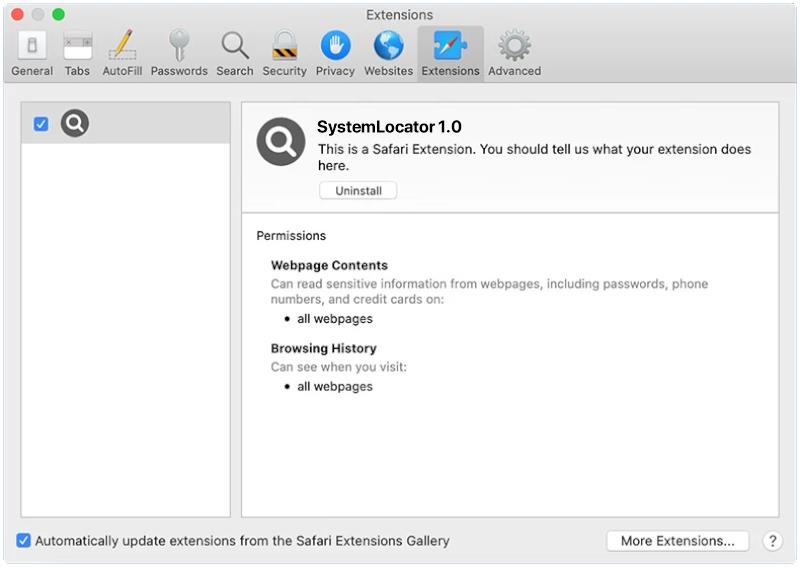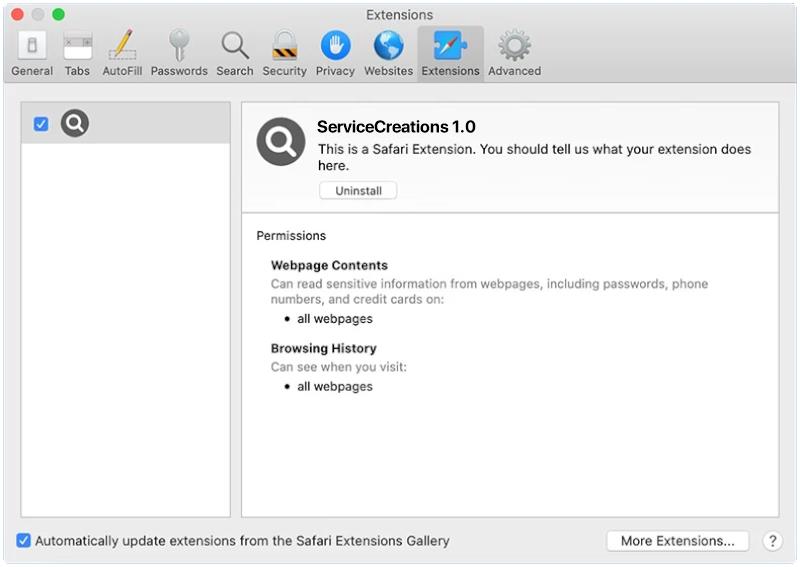Bgjs Ransomware is a type of malware that encrypts files on a victim’s computer, making them inaccessible until a ransom is paid to the cybercriminals behind the attack. This ransomware typically infects computers through phishing emails, malicious websites, or exploit kits.
When files are encrypted by Bgjs Ransomware, they are typically appended with the .bgjs file extension. The ransomware uses a strong encryption algorithm to encrypt the files, making it difficult to decrypt them without the decryption key.
After encrypting the files, Bgjs Ransomware creates a ransom note that usually appears on the desktop or in folders containing encrypted files. The note contains instructions on how to pay the ransom in exchange for the decryption key.
There are currently no decryption tools available for Bgjs Ransomware, but victims can try using Emsisoft’s Stop Djvu Decryptor tool, which may be able to decrypt some variants of the ransomware.
To decrypt .bgjs files without paying the ransom, victims can try restoring files from backups, using file recovery software, or seeking help from cybersecurity professionals. It is important to regularly back up important files to prevent data loss in case of a ransomware attack.

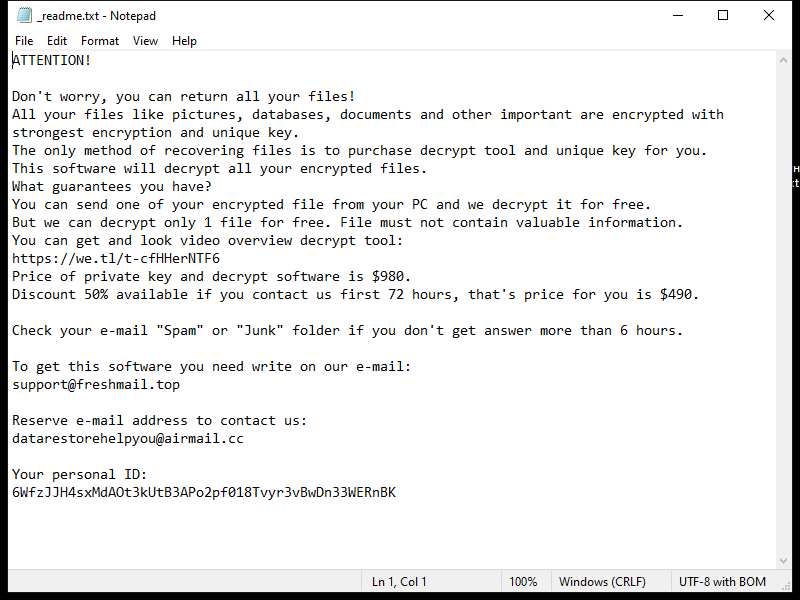

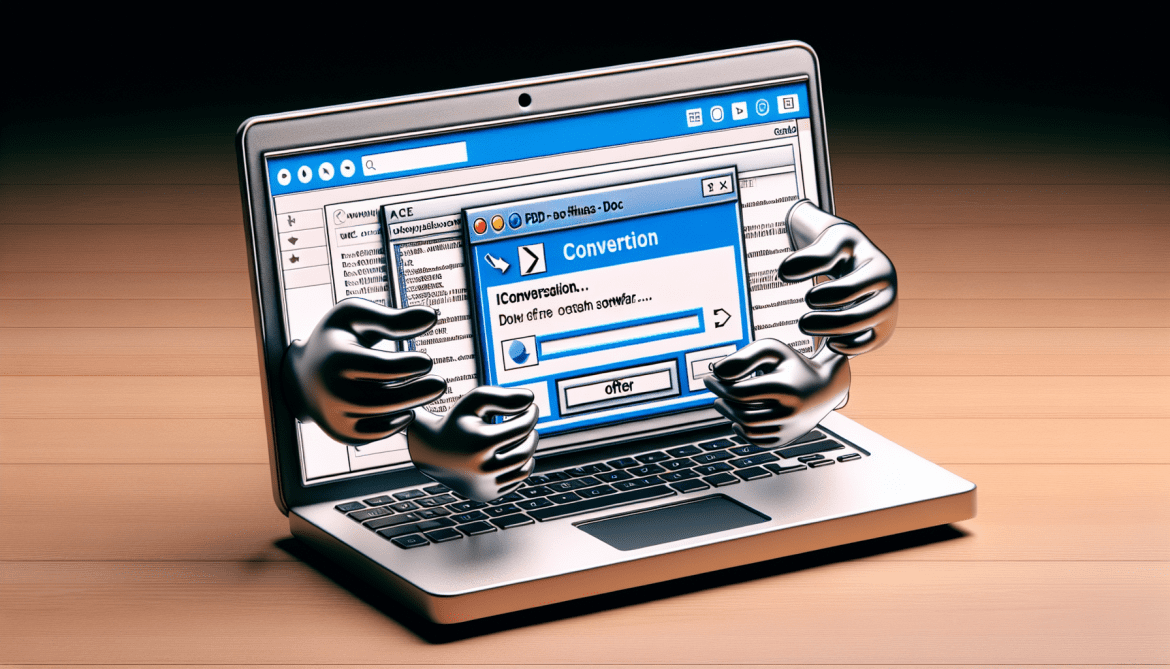

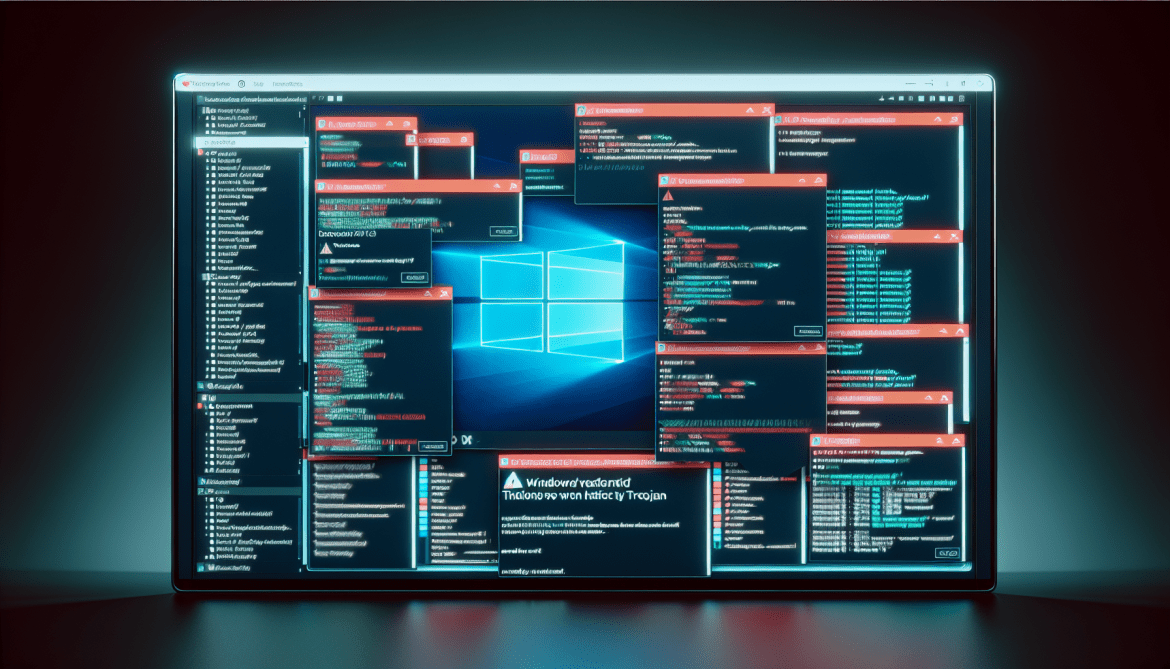

![How to remove Win32:Adware-Dna [Adw]](https://malwarewarrior.com/wp-content/uploads/2024/04/win32-adware-dna-adw--1170x669.png)
![How to remove Win32:Secat [Trj]](https://malwarewarrior.com/wp-content/uploads/2024/04/win32-secat-trj--1170x669.png)
